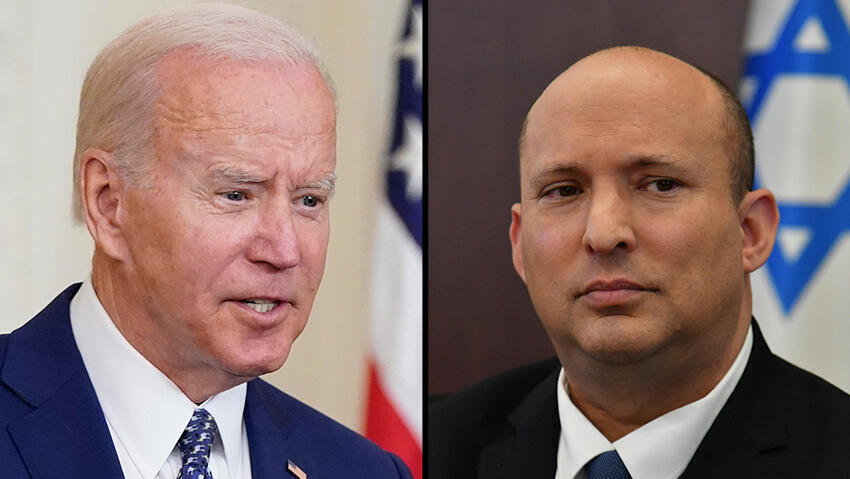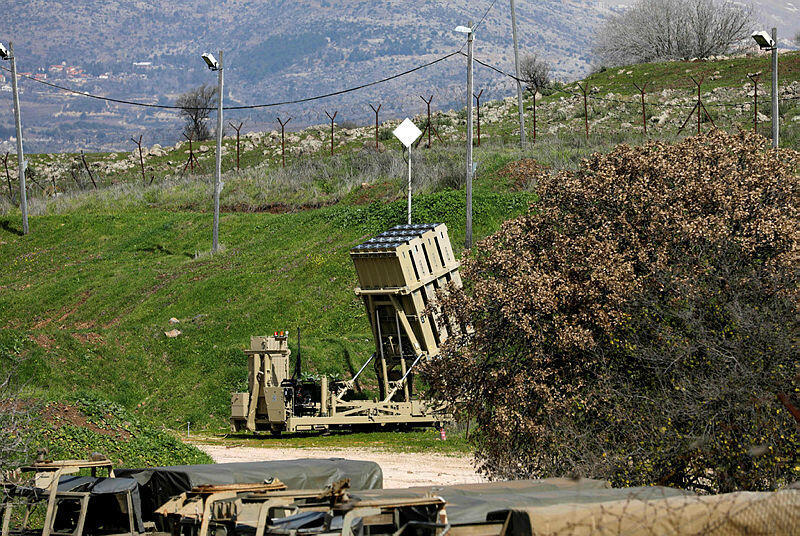Getting your Trinity Audio player ready...
U.S President Joe Biden will help Israel strengthen its regional ties and take its alliance with Washington to new heights on his Middle East trip next month, Prime Minister Naftali Bennett's office said on Tuesday.
Biden will visit Israel and the West Bank from July 13 to July 14, before traveling to Saudi Arabia, where according to Saudi state television, the U.S. leader will attend a summit with the leaders of Gulf states, Egypt, Jordan and Iraq.
The visit will help "integrate Israel into the Middle East," Bennett's office said in a statement.
Israel thanked Biden for his efforts to strengthen its shared interests with Saudi Arabia, a country that has supported regional normalization with Israel but which has stopped short of formally recognizing Israel itself.
In the meantime, a U.S. source has clarified that Biden's visit "has nothing to do with the political situation in Israel," referring to the ramshackle coalition, which is believed to be on the verge of collapse.
The source said that even if the government falls by July, the visit will still take place, adding that he will not "enter into speculation" regarding how such a trip would be conducted.
Biden will begin his Middle East trip on the evening of Wednesday, July 13, and is expected to stay in Israel for about 40 hours. During the visit he is expected to meet a number of high-profile Israeli officials, including Bennett and President Isaac Herzog.
He will also visit the Yad Vashem Holocaust History Museum and the Palmachim Airbase, where he will observe the Iron Dome in action and discuss the development of the laser system against missiles and drones.
During the visit, Biden is also expected to express his personal commitment to adding Israel to the visa waiver program, giving the initiative an important boost.
Biden will also meet with Palestinian Authority President Mahmoud Abbas in the West Bank. "The president has known Abbas for decades, and he will reiterate his commitment to the two-state solution," said the source.
"When the president took office, relations with the Palestinians were bad, and we worked to reset them - both between the United States and the Palestinians, and between the Israelis and the Palestinians."



